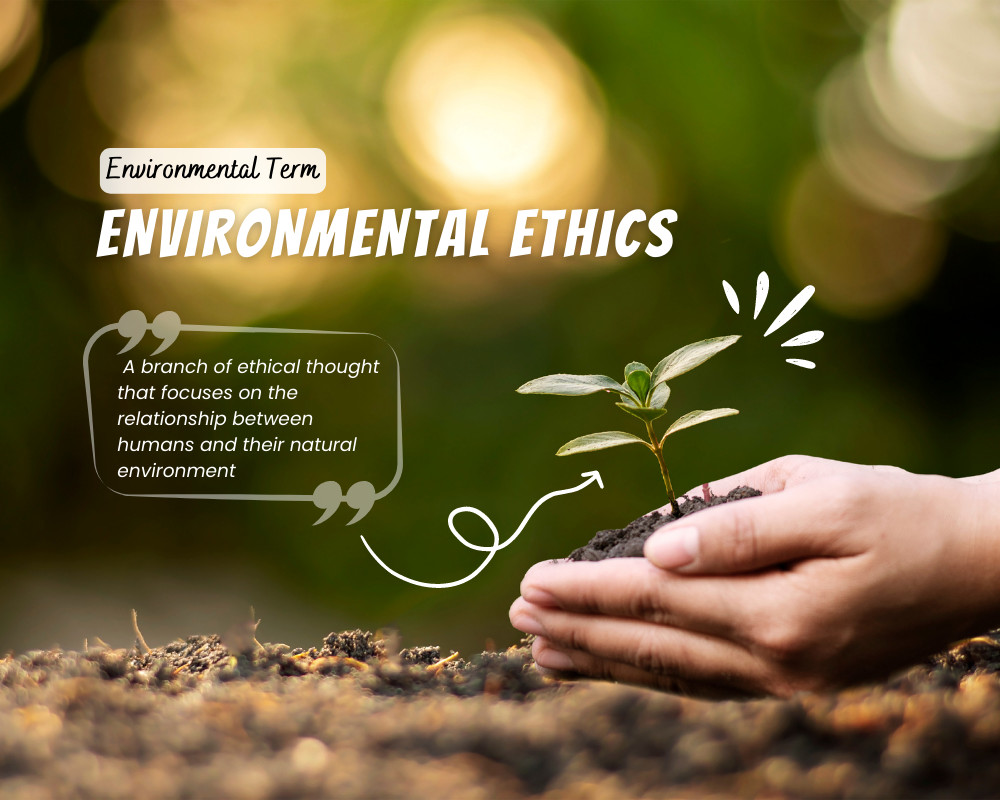Ethics plays a pivotal role in environmental protection, establishing a framework within which individuals, organizations, and governments can navigate the complex interplay between human activities and the natural world. At its core, environmental ethics calls upon humanity to acknowledge and uphold the intrinsic value of the environment, thereby promoting sustainable practices and policies that foster coexistence between nature and society.
The tapestry of environmental ethics is woven with various philosophical strands, including anthropocentrism, biocentrism, and ecocentrism. Each perspective illuminates different facets of the ethical relationship humans have with the environment. Anthropocentrism, for instance, posits that human beings hold central importance in the moral landscape, suggesting that environmental protection is fundamentally linked to the welfare of humans. This view, while acknowledging the need for conservation, often leads to a utilitarian approach—one that values nature primarily for its utility to humans.
In contrast, biocentrism extends moral consideration to all living beings, asserting that non-human life forms possess inherent value and rights. This perspective urges us to evaluate our actions based on their impact on biodiversity and the ecosystems that sustain life. Advocates of biocentrism argue that ethical obligations should not be confined to humanity alone, thereby prompting a more compassionate approach to environmental stewardship. Finally, ecocentrism broadens this ethical circle even further, insisting that entire ecosystems, along with their intricate interdependencies, warrant moral consideration. This inclusive view encourages a holistic perspective on environmental issues and underlines the importance of preserving ecosystems in their entirety.
One of the fundamental observations within the realm of environmental ethics is the ongoing exploitation and degradation of natural resources, often driven by short-term interests and economic gain. Such actions reflect a profound ethical deficit, where the needs of future generations and the well-being of non-human entities are systematically disregarded. This moral quandary invites deeper contemplation and highlights the necessity for ethical frameworks that encourage long-term thinking and responsibility.
The moral imperatives that arise from this ethical discourse compel society to adopt a more sustainable trajectory. Concepts such as intergenerational justice, which emphasizes the rights of future generations to inherit a healthy and thriving planet, elucidate the moral obligations that contemporary societies have. This leads to a critical examination of policies and practices that foster environmental degradation—for instance, practices that contribute to climate change, deforestation, and the loss of biodiversity. Such ethical inquiry prompts a thorough reevaluation of priorities, advocating for a paradigm shift towards sustainability.
Furthermore, the role of ethics extends beyond individual actions to encompass systemic issues, urging collective responsibility on a broader scale. Corporations and governments are key actors in this sphere, as their policies and practices can either mitigate or exacerbate environmental degradation. Ethical business practices and regulatory frameworks that prioritize environmental sustainability can radically transform the landscape of resource management and conservation.
The intersection of ethics and environmental protection is further complicated by cultural and personal values, which can significantly influence perceptions of nature. For some, culture shapes their understanding of the environment as sacred, while for others, it may foster a more utilitarian perspective. Through dialogue and education, there lies an opportunity to cultivate a shared ethic that transcends these cultural divides, enabling diverse communities to come together in pursuit of common environmental goals.
One of the most pressing examples of ethical considerations in environmental protection is climate change. The disproportionate impacts of climate change on vulnerable populations—those least responsible for its cause—underscore an ethical imperative for climate justice. The ramifications of environmental policies often reflect existing social and economic inequalities, raising questions about whose voices are heard in environmental policymaking. Ethical frameworks that prioritize the inclusion of marginalized communities can foster more equitable solutions, ensuring that the burdens and benefits of environmental policies are shared justly.
Moreover, the principles of sustainability—economic viability, ecological integrity, and social equity—are themselves rooted in ethical considerations that advocate for a balanced approach to resource management. This triad underscores the necessity of integrating ethical reasoning in assessing socio-economic development alongside environmental protection. By framing environmental action within an ethical context, societies can collectively strive to achieve sustainable development goals that resonate with both current and future generations.
Moreover, the importance of education in fostering an ethical relationship with the environment cannot be overstated. Instilling ethical values in younger generations equips them with a sense of responsibility toward nature. Educational initiatives that emphasize environmental ethics encourage critical thinking and empower individuals to challenge unsustainable practices. Thus, a more educated populace can champion innovative solutions to address environmental challenges, fostering a culture of stewardship.
In conclusion, the role of ethics in environmental protection is multifaceted, intricately linked to philosophical frameworks that guide our engagement with the natural world. The urgent need for sustainable practices, intergenerational equity, and social justice amplifies the importance of ethical considerations in addressing environmental challenges. As humanity confronts the myriad crises impacting the planet, cultivating a robust ethical foundation becomes imperative. By fostering a culture of respect and responsibility, we can forge a path toward a more sustainable and harmonious existence, emphasizing the interconnectedness of all life. Through ethical reflection, society will be better equipped to protect the environment for generations to come.










